Every fall we turn our clocks back an hour to mark the end of Daylight Savings Time. This adds an extra 60 minutes of sleep to the weekend! But do you feel like you’re always wishing for more time to sleep? Do you feel like nodding off during class? If so, you’re not alone--studies say that most teens do not sleep enough. During your teen years, your biological clock resets, telling you fall asleep and wake up later. This makes it harder for you to fall asleep early when you need to.
Sleep-deprived students have lower grades because they’re less able to concentrate, remember information and learn. If you find yourself wishing the clock could “fall back” every weekend, check out these sleep Do’s and Don’ts to help you think more clearly and creatively, and to be happier at school.
Do….
Sleep as much as you need to feel rested.
Obvious, right? It’s easy to put sleep on the backburner, so we could all use a reminder to make sleep a priority now and then. Most teens need 9 to 11 hours of sleep. Some can get by on less, but if you have the time, use it to get the rest you need. Above all, don’t throw “all-nighters.” They will throw your biological clock into chaos and make you feel tired for days.
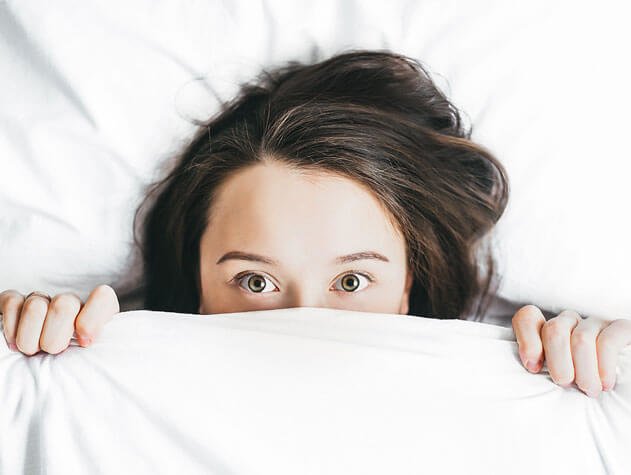 If you find yourself wishing the clock could “fall back” every weekend, check out these sleep Do’s and Don’ts.
If you find yourself wishing the clock could “fall back” every weekend, check out these sleep Do’s and Don’ts.
Go to bed and get up at the same time every day.
This may not always be possible, but getting as close as you can to the same times will really help. You can’t “catch up” on sleep on the weekends. Try to keep your weekend sleep routine as close to your weekday one as possible. This will keep your biological clock from going out of whack.
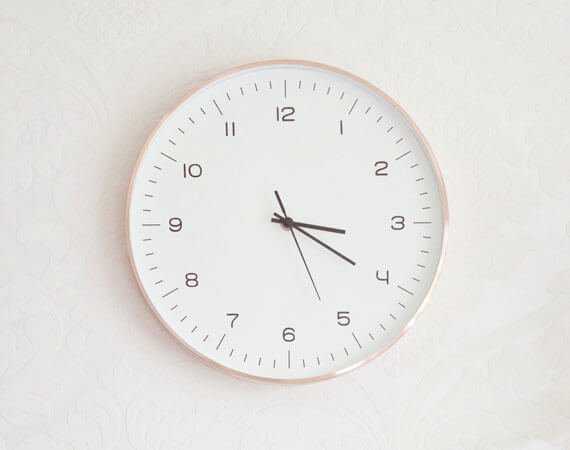 Every fall we turn our clocks back an hour to mark the end of Daylight Savings Time.
Every fall we turn our clocks back an hour to mark the end of Daylight Savings Time.
Keep your phone far, far away.
This may be a hard habit to break, but it’s so worth it. Above all, don’t have it in bed with you. If you must listen to music on it to fall asleep, at least try this: Use a sleep timer, turn off the blue light filter, and put the “do not disturb” setting on. If you must use it as an alarm clock, set it to “do not disturb.” Put your phone across the room so that you have to get out of bed to turn it off.
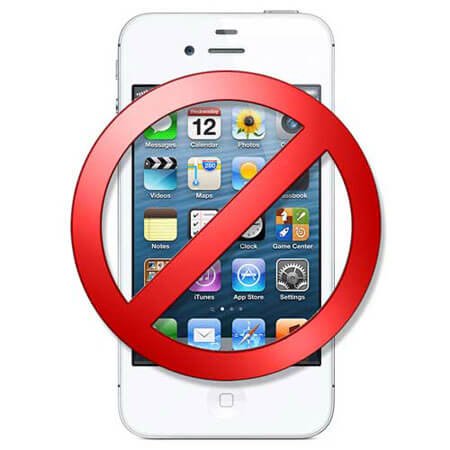 Not having your phone next to your bed may be a hard habit to break, but it's so worth it!
Not having your phone next to your bed may be a hard habit to break, but it's so worth it!
Turn off electronics within 30 minutes of shut eye.
TVs, computers, tablets and video games stimulate the brain, preventing you from falling asleep. Give your body time to wind down.
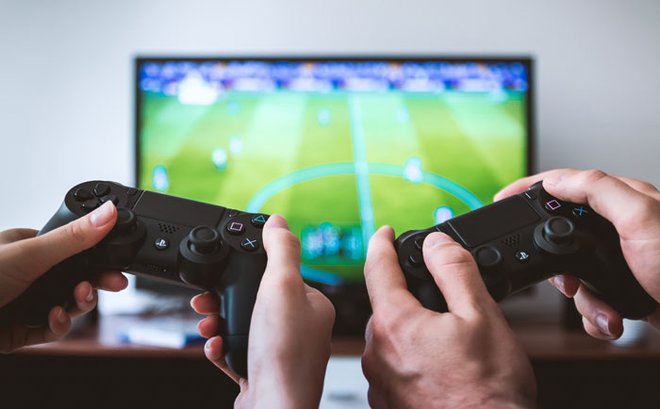 Turn off electronics within 30 minutes of shut-eye.
Turn off electronics within 30 minutes of shut-eye.
Cut down on caffeine.
Coffee, tea, soda and chocolate can keep you from falling asleep, and often cause you to have a fitful, shallow sleep when you do. If you wake up several times during the night, it could be because of caffeine.
 If you wake up several times during the night, it could be because of caffeine.
If you wake up several times during the night, it could be because of caffeine.
Eat regular meals. Have a snack at night if you need to.
If you’re hungry at bedtime, a light snack may help you sleep, especially one including carbohydrates. Emphasis on the word “light”—stay away from greasy or heavy foods.
 If you’re hungry at bedtime, a light snack may help you sleep.
If you’re hungry at bedtime, a light snack may help you sleep.
Don’t….
Don’t “try” to fall asleep.
Have you ever sat in bed worrying that you’ll never fall asleep? That makes the problem worse! Instead of tossing and turning, leave the room and do something quiet, like reading or listening to soft music. DON’T use electronics. The light they give off will make it harder for you to fall asleep. When you feel sleepy again, go back to bed.
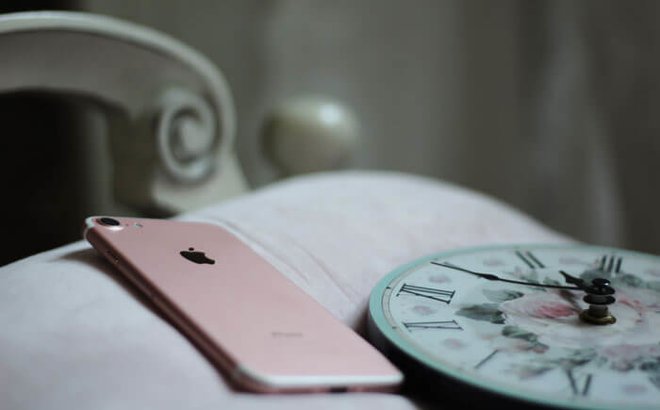 If you must use your phone as an alarm clock, set it to do not disturb. Put it across the room so that you have to get out of bed to turn it off.
If you must use your phone as an alarm clock, set it to do not disturb. Put it across the room so that you have to get out of bed to turn it off.
Don’t overschedule.
Too many responsibilities like extra classes, clubs, and sports can cause stress, fatigue, and sleep issues.
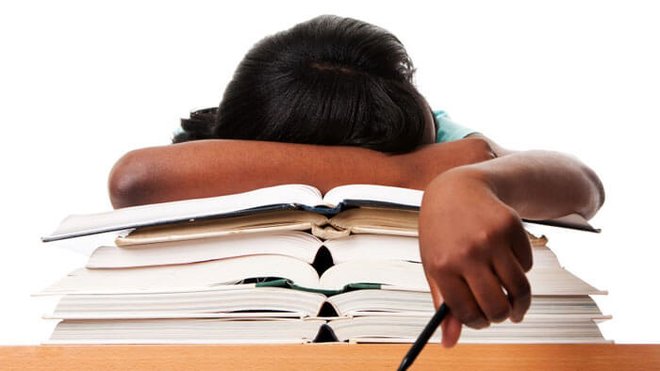 Do you feel like nodding off during class? If so, you’re not alone.
Do you feel like nodding off during class? If so, you’re not alone.
Don’t take your problems to bed.
Plan some time earlier that evening for working on your homework, planning for the next day, and solving problems.
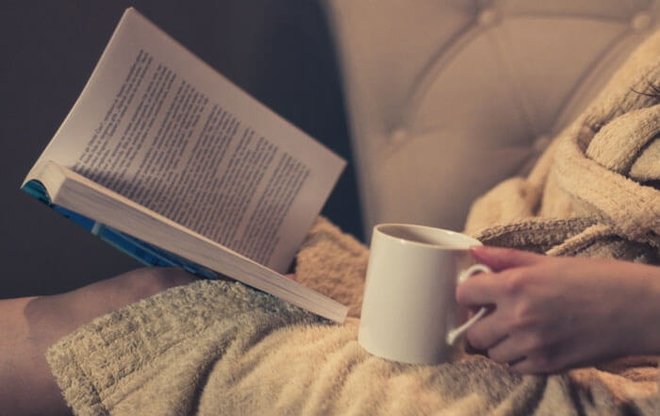 Instead of tossing and turning, leave the room and do something quiet, like reading or listening to soft music.
Instead of tossing and turning, leave the room and do something quiet, like reading or listening to soft music.
Don’t skip out on regular exercise.
Pick an activity you enjoy and spend at least 20 minutes doing it, at least 4 days per week. Exercise will help you fall asleep earlier and sleep more deeply—Not to mention help you look and feel your best! Try not to exercise within three hours of when you go to bed.
 Exercise will help you fall asleep earlier and sleep more deeply.
Exercise will help you fall asleep earlier and sleep more deeply.
Don’t smoke or vape.
Sleep issues are just one reason to stay away from this stuff. Nicotine is a stimulant. Don’t use it at night, or at any time, for that matter.
 Nicotine is a stimulant. Don’t use it at night, or at any time, for that matter.
Nicotine is a stimulant. Don’t use it at night, or at any time, for that matter.
Don’t be afraid to ask help if you need to.
School is stressful, and stress is a major cause of sleep issues. It’s fine to ask for help! You can also check out resources, such as YouTube videos, that teach how to use meditation to help with sleep and relaxation.
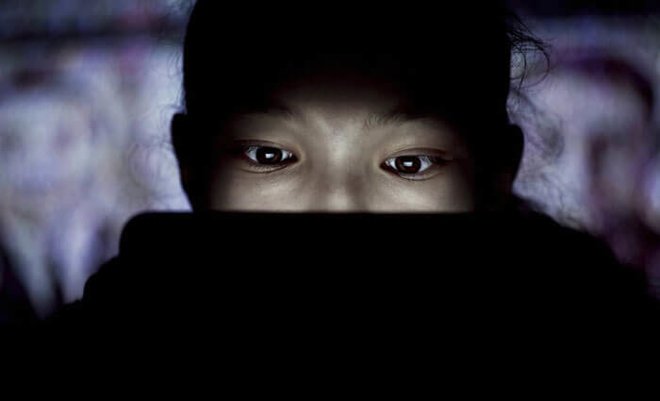 TVs, computers, tablets and video games stimulate the brain, preventing you from falling asleep.
TVs, computers, tablets and video games stimulate the brain, preventing you from falling asleep.

































